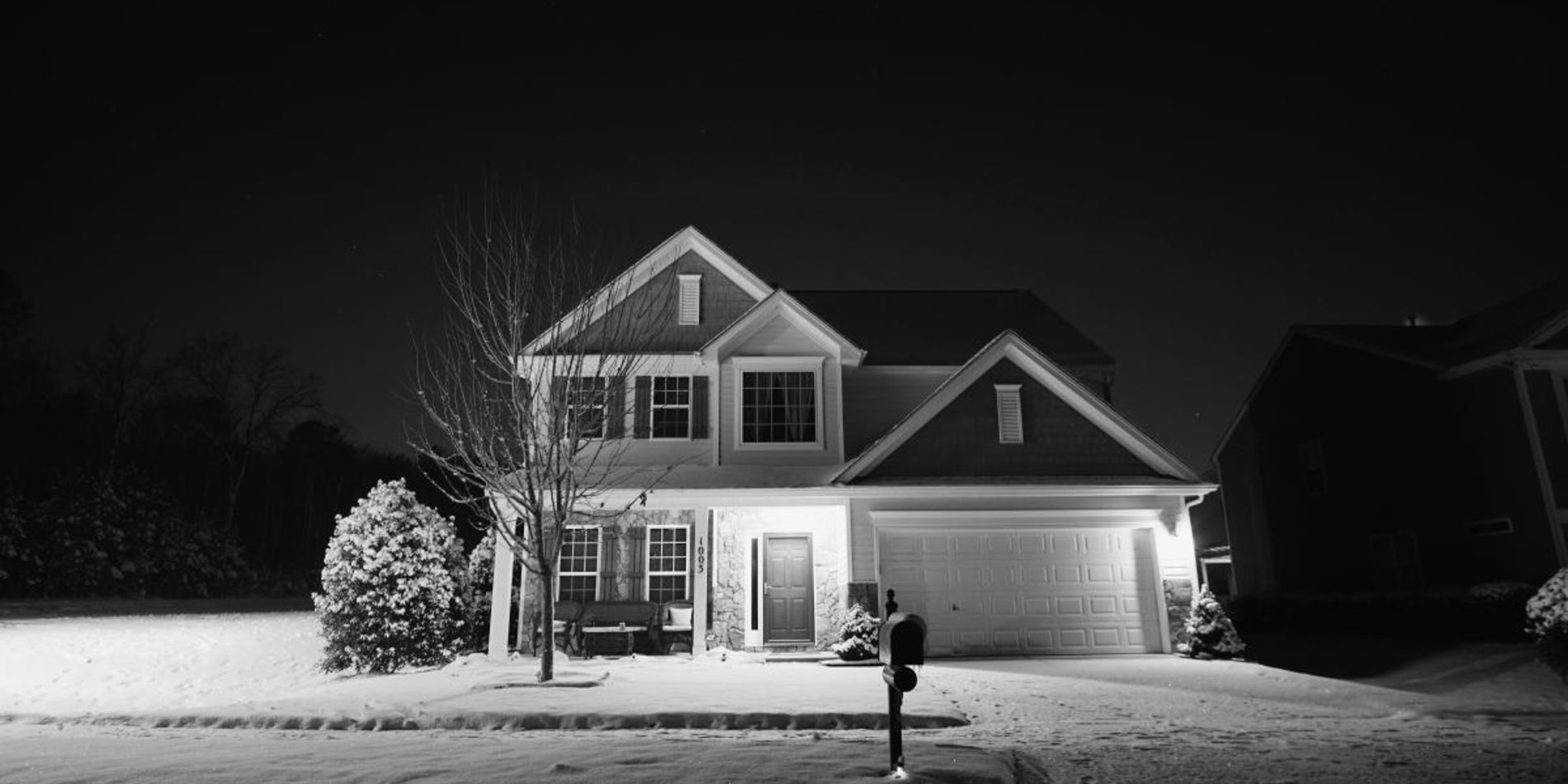CSRE 30Q: The Big Shift
General Education Requirements
Not currently certified for a requirement. Courses are typically considered for Ways certification a quarter in advance.
Course Description
Is the middle class shrinking? How do people who live at the extremes of American society—the super-rich, the working poor, and those who live on the margins—imagine and experience "the good life"? How do we understand phenomena such as gang cultures, addiction, and the realignment of white consciousness? Our materials range from an examination of the wealth boom of the last 20 years (Richistan by Robert Frank) to the dangerous and invisible world of homeless addicts on San Francisco streets (Righteous Dopefiend by Phillipe Bourgois and Jeff Schonberg. G-Dog and the Homeboys, by Celeste Fremon, about Homeboy Industries, a job-creation program initiated by a priest working in L.A.'s deadliest neighborhoods, highlights the experiences of Hispanic immigrants struggling to escape gang life. And in Searching for Whitopia: An Improbable Journey into the Heart of White America, Rich Benjamin explores the creation of whitopias—ethnic enclaves—as expressions of fear over immigration and the shrinking white majority. Each of these narratives provides a window into the ways Americans approach wealth and the good life, poverty and the underclass, and the construction of class, race, and gender in American society.
No previous knowledge is required—just curiosity and an open mind.
Meet the Instructor: Michael Wilcox

Michael Wilcox is assistant professor of anthropology whose research interests include early colonial or contact-period interactions between Europeans and Native Americans; the production of narratives of contact, conquest, and colonization; and contemporary Native American culture, history, and identity. Since his arrival at Stanford in 2001, Professor Wilcox has worked to facilitate communication and scholarly interaction between contemporary Native Americans, anthropologists, and archaeologists. His book, The Pueblo Revolt and the Mythology of Contact, represents a sharp departure from traditional accounts of contact, colonization, and disappearance of Native Americans. Professor Wilcox has also previously served as a resident fellow in an upperclass house.




